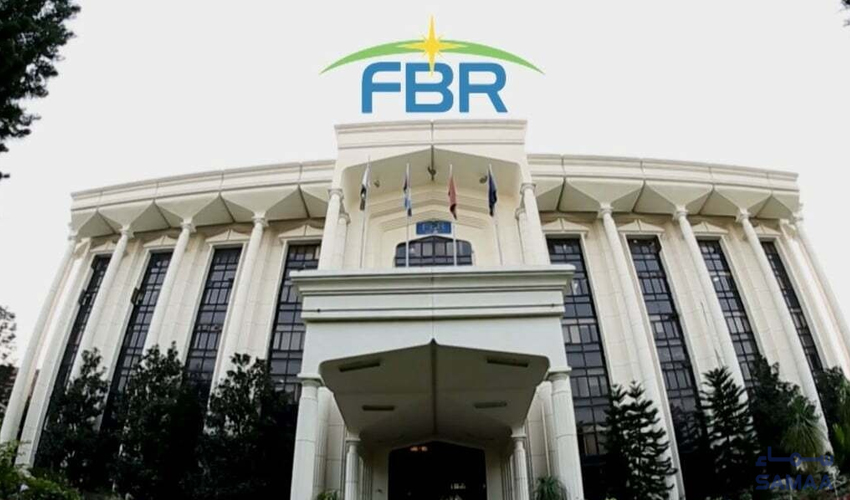The Federal Board of Revenue (FBR) has unveiled a comprehensive restructuring plan, establishing 145 district tax offices across the country.
This strategic initiative aims to bring 1.5 to 2 million new taxpayers into the fold by June 2024, signaling a determined effort to broaden the tax base.
Underlining the paramount importance of revenue generation, Prime Minister [Name] has reiterated the need to increase the number of tax filers in recent high-level meetings.
The newly launched district tax offices are positioned as a key component of this broader vision to enhance the country's economic landscape.
District tax officers take charge
Heading these district tax offices are dedicated District Tax Officers, tasked with the crucial responsibility of enforcing Income Tax Returns from non-filers and preventing tax evasion.
This hands-on approach is expected to play a pivotal role in achieving the ambitious target of expanding the tax net.
Inland revenue officers
These offices will be spearheaded by committed Inland Revenue Officers in BS-17/18, utilizing third-party data acquired from various departments and agencies.
This data will include critical information on investments in assets and significant expenditures by potential taxpayers, aiming to curtail avenues for individuals evading the taxation system.
The FBR plans to leverage the recently introduced section 114B in the Income Tax Ordinance, 2001. This section grants the authority to disconnect utility connections, such as electricity and gas, and block mobile SIMs if individuals fail to file returns in response to issued notices. This strict measure aims to ensure compliance and discourage tax evasion.
Govt commitment
Affirming the government's commitment to supporting FBR, various measures are being introduced, including a new Documentation Law.
This law will obligate agencies and departments to provide data to the FBR through an automated common transmission system, streamlining the information flow for more effective tax enforcement.
Acknowledging the importance of collaboration, the FBR has sought assistance from the National Database and Registration Authority (NADRA).
The Chairman of NADRA has assured support for widening the tax base through data integration, reinforcing the government's multifaceted approach to tax reform.
In addition to bolstering FBR's capacity to enforce tax laws, the establishment of these dedicated offices is expected to facilitate taxpayers in filing returns.
This comprehensive restructuring initiative not only marks a new chapter in the nation's tax administration but also reflects the government's unwavering commitment to fostering economic growth through a robust and inclusive tax framework.


























